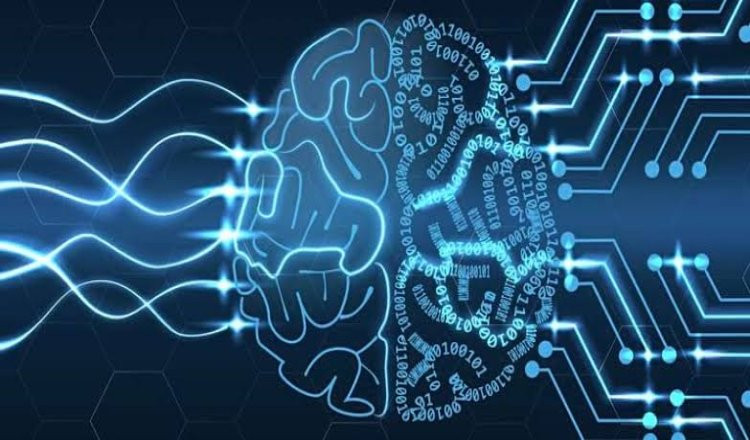
A new study published in The Lancet Gastroenterology & Hepatology has raised concern that heavy dependence on artificial intelligence (AI) could reduce doctors’ ability to detect health problems. Researchers in Poland studied doctors performing colonoscopies with and without AI assistance. They found that when doctors had earlier relied on AI, their detection rates dropped by nearly 20% once they carried out procedures without AI support.
The researchers explained that while AI tools helped improve detection during use, doctors appeared to become less confident and attentive when the technology was removed. Experts warn this could be linked to “automation bias,” where people start depending too much on machines instead of their own judgement. Some specialists also noted that workload and other changes in hospital practices may have added to the decline.
Health experts believe the findings highlight the importance of balancing technology with human skills. While AI can support better diagnosis, doctors need regular training and practice without AI to maintain their expertise. The study suggests medical communities should design strategies to make sure technology helps doctors without weakening their critical abilities.

AI Technology May Help Identify Long COVID Care Needs in Hospital Patients, Study Finds
London: Senior doctors in England have reached an agreement with the British government, ending a yearlong dispute marked by unprecedented strike action. The British Medical Association and the Hospital Consultants and Specialists Association, representing the consultants, announced on Friday that 83% of those who voted supported the offer.
ലണ്ടൻ: ഫ്ലൈറ്റിൽ വെച്ച് ൭൦ വയസ്സുകാരിയായ ഒരു സ്ത്രീയുടെ ജീവൻ രക്ഷിച്ച് ഡോക്ടർ. ആപ്പിൾ വാച്ചിൻ്റെ ബ്ലഡ് ഓക്സിജൻ മോണിറ്റർ ഫീച്ചറാണ് സ്ത്രീയുടെ ജീവൻ രക്ഷിക്കുന്നതിൽ ഡോക്ടറെ സഹായിച്ച പ്രധാനപ്പെട്ട ഘടകം.
AI tool spots signs of consciousness in coma days earlier than doctors
ലണ്ടൻ: 50,000 ജൂനിയർ ഡോക്ടർമാരെ പ്രതിനിധീകരിക്കുന്ന ബ്രിട്ടീഷ് മെഡിക്കൽ അസോസിയേഷൻ (ബി.എം.എ), ശമ്പളത്തെ ചൊല്ലിയുള്ള ദീർഘകാല തർക്കത്തിൽ തങ്ങളുടെ അംഗങ്ങൾ ഡിസംബർ 20 മുതൽ മൂന്ന് ദിവസത്തേക്കും വീണ്ടും ജനുവരി 3 മുതൽ 9 വരെ ആറ് ദിവസത്തേക്കും സമരം നടത്തുമെന്ന് അറിയിച്ചു.
We have various options to advertise with us including Events, Advertorials, Banners, Mailers, etc.